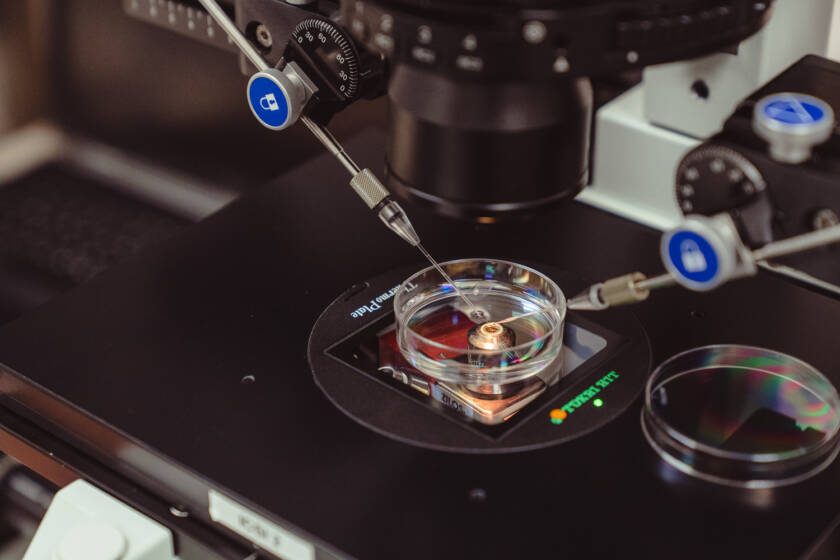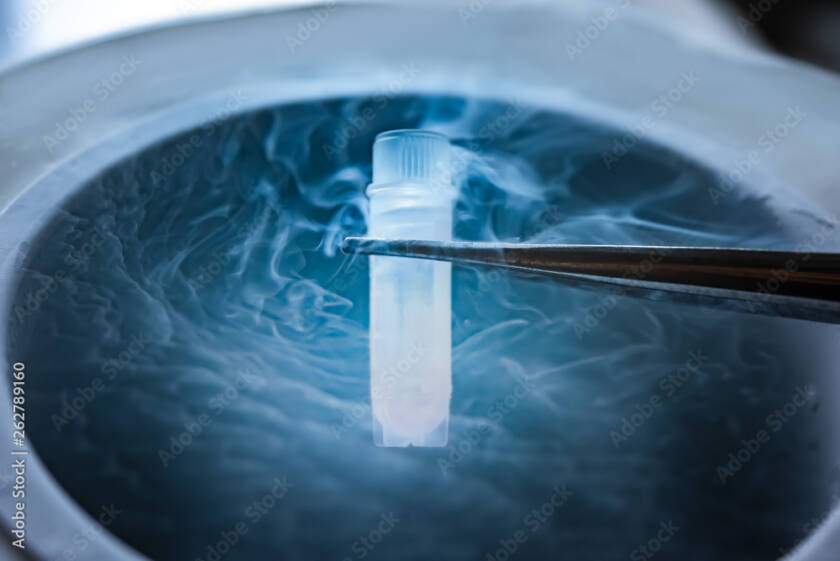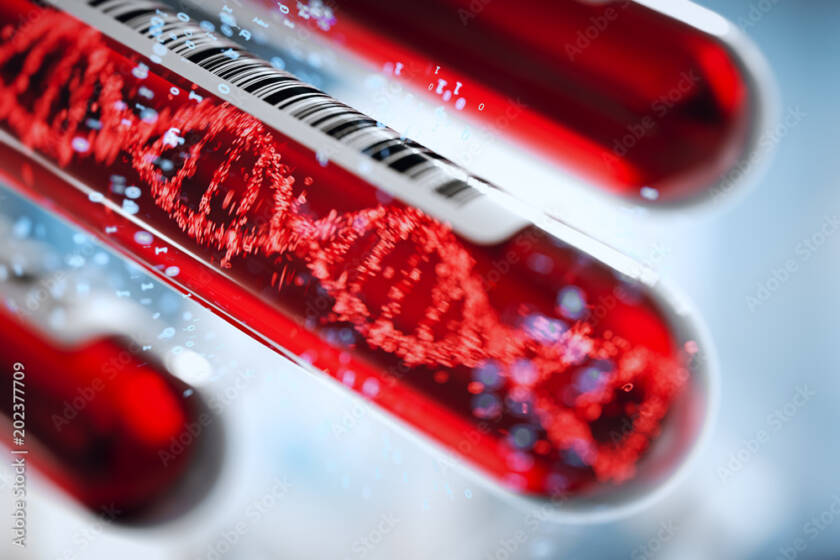
Fertility Preservation for women
90% of women aged under 35 who freeze between 20-30 eggs will be able to have at least one baby.
– Dr Matthew Holland
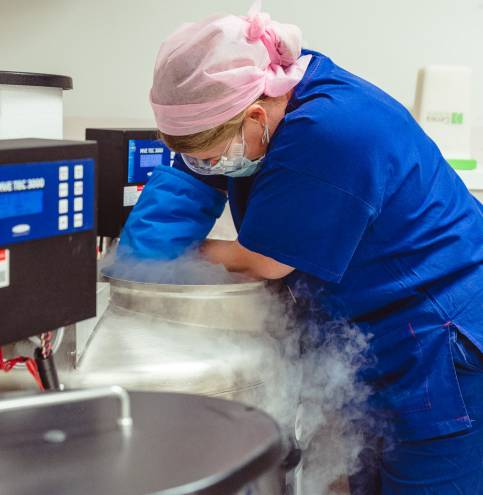
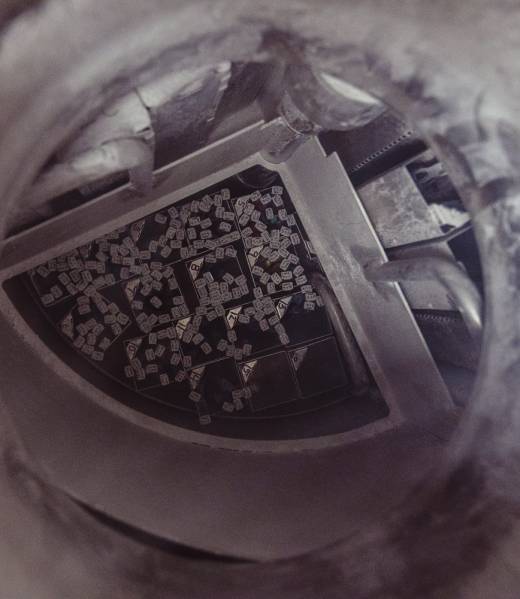
Why Egg Freezing?
Do only women in their late 30s or 40s freeze their eggs?
Not at all. Many younger women do it, too — either because they’re facing medical treatments that may impact fertility or because they want to delay family planning for personal or career reasons.
How does the egg freezing process work, and is it painful?
The process involves ovarian stimulation through hormone medications, followed by egg retrieval. It’s a minimally invasive procedure performed under anaesthesia, so discomfort is minimal. It’s more about managing expectations and understanding the temporary nature of any mild side effects.
Can I freeze my eggs if I have irregular menstrual cycles?
Yes, irregular cycles can be accommodated. We tailor the ovarian stimulation protocol to your specific needs. Monitoring is crucial, and adjustments are made throughout the process to optimise outcomes.
Is there a limit to how long my eggs can be frozen, and what happens when I decide to use them?
Eggs can be stored for many years without significant decline in quality. When you’re ready to use them, they are thawed, fertilised with sperm, and the resulting embryos are transferred to your uterus. It’s a well-established process with high success rates.
Are there any risks or side effects associated with egg freezing?
Like any medical procedure, there are some risks, but they are minimal. Ovarian hyperstimulation syndrome (OHSS) is a rare but potential risk. With proper monitoring and adjustment of medications, we aim to minimise any potential side effects.
Can egg freezing guarantee a successful pregnancy in the future?
While there are no absolute guarantees, egg freezing significantly improves the chances of a successful pregnancy when the eggs are used. Success depends on various factors, including the woman’s age at the time of freezing and the number of eggs retrieved.
What if I decide not to use my frozen eggs?
The decision is entirely yours. If you don’t use the eggs, they can be kept frozen until you decide otherwise. If you choose not to use them, they can be discarded, donated, or used for research, depending on local regulations.
Can I freeze embryos instead of eggs, and what's the difference?
Yes, you can freeze embryos. The main difference is that embryos are created by fertilising eggs with sperm before freezing. The decision between freezing eggs or embryos depends on individual circumstances and preferences.
What is the cost of egg freezing, and is it covered by insurance?
Costs vary, and insurance coverage may differ. It’s essential to check with your insurance provider and discuss financial aspects with our team.
Are there any ethical concerns with egg freezing?
Egg freezing is generally considered safe and ethical. However, as with any medical procedure, it’s crucial to discuss any concerns you may have with us. We prioritise transparency and ensure that you are fully informed before making any decisions.
IVF, Egg and Sperm Freezing, Fertility Testing


